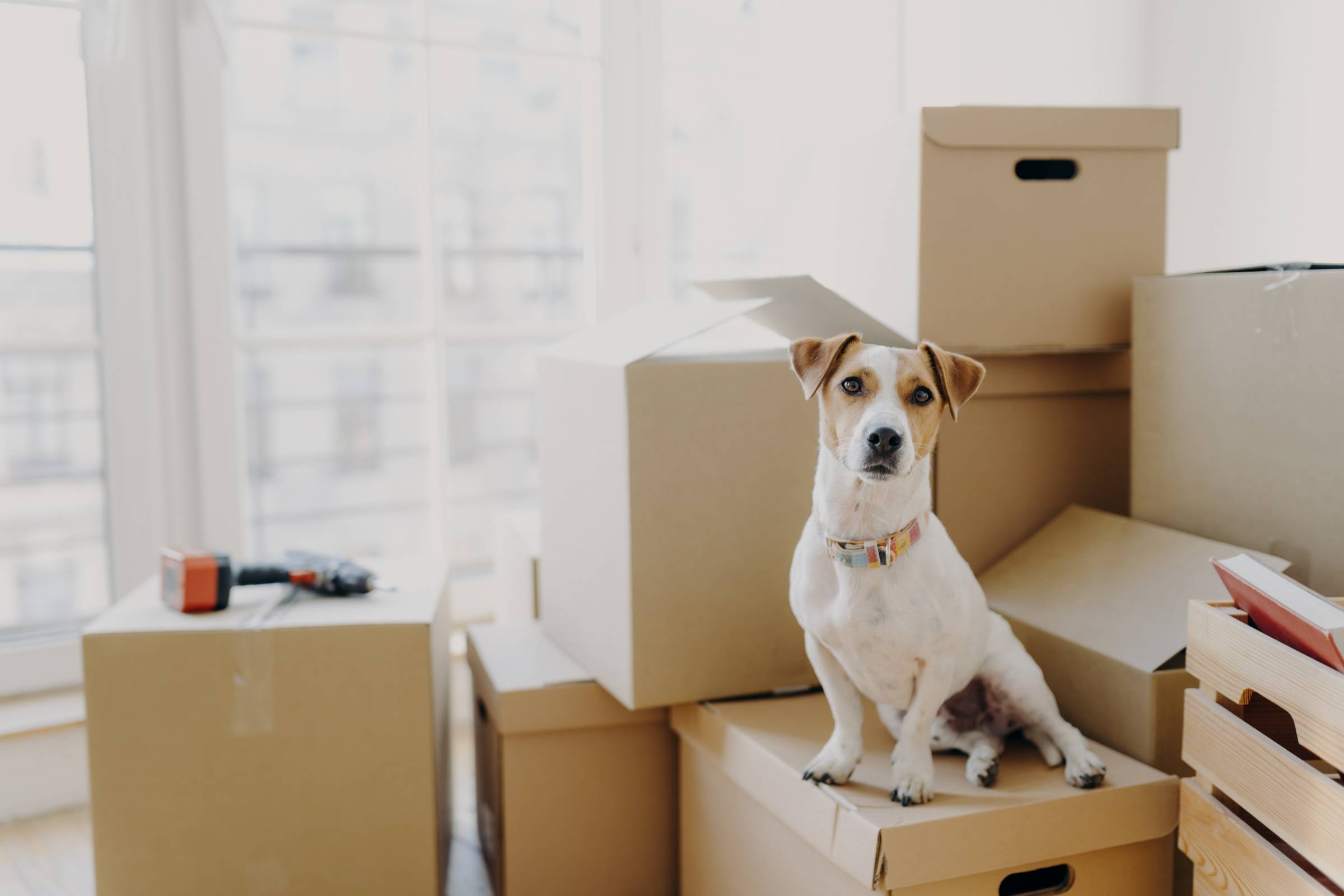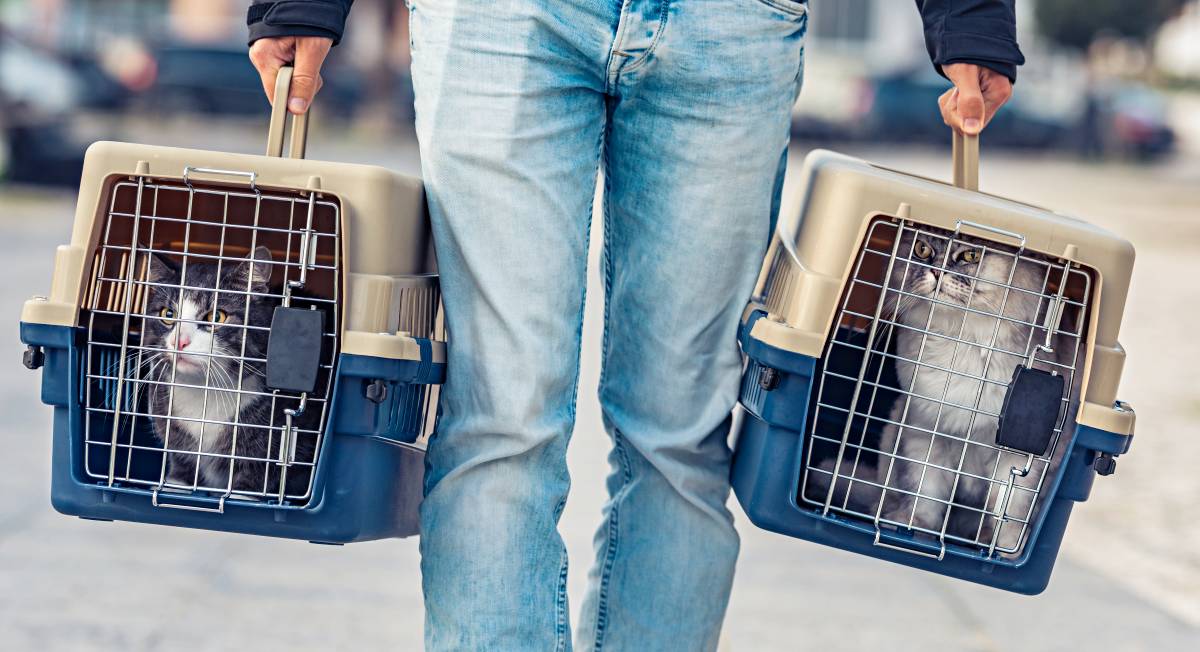
- Home/
- Costs/
- Pet Transport/
- Pet Transport Cost
Pet transport cost: How much should you budget in Australia?
Post to find a price. It's free and only takes a minute.
Price guide
$310 - $5,000
low
$310
median
$700
high
$5,000
Last Updated on
Key Facts
- When budgeting, note that small dogs might run you $350, while bigger breeds can hit $1,500.
- Depending on your chosen airline, small animals may fly in-cabin on some flights, while large pets must travel as cargo on others.
- Timing your pet transport strategically outside rush hours can significantly reduce pet taxi fees during the pickup/delivery stages.
Relocating your furry family member across Australia requires more planning than most pet owners realize. Unlike moving furniture, transporting living creatures demands specialized care, proper timing, and legal compliance.
Today, Australian pet transport professionals typically charge $350-$700 for interstate dog transportation, with variations based on breed and size. Cat journeys range from $310-$1,000 depending on travel requirements and distance. However, these base rates change depending on your pet’s size, temperament, and journey length. To help you prepare, this guide explains what drives these costs and how to budget effectively for your pet’s journey.
Pet transport costs based on breed or size
Can you ship an animal? Thanks to the extensive services offered by transportation companies, you’re allowed to safely transport your cats, dogs, and other pets interstate or cross-country. It’s okay as long as your pet is allowed to travel by car, cargo ship, and plane. Be sure to choose the most comfortable option for your pet and not just consider cheap pet travel methods.
So, how much does it cost to fly a dog interstate? Here are tables showing how much pet transport services cost.
Pre-travel requirements
Pet travel in Australia is booming, with a growth rate of 11.9% from 2024 to 2030. This growth has also created many new pet transport services to help owners move their animals safely across the country and beyond.
Before you book a pet transport service, make sure you complete all necessary pre-travel requirements. Each requirement comes with its own price tag that you’ll need to include in your overall travel expenses. Also, don’t forget a good pet photo or professional pet photography session since many travel documents require a current image of your pet for proper identification.
|
Requirement |
Cost |
|---|---|
RNAT Test |
Approximately $600 per pet |
Export permit charges |
$299 |
Import Permit |
$589 for the first pet |
Microchipping |
$33–$80 |
Travel crate |
$70 to $350 |
Dogs
Most pet transport packages include the travel crate, pickup and drop-off at both ends, grooming services, overnight stays if needed, vet checks, shots, and play sessions during longer journeys. These all-in-one services save you from arranging each component separately.
Extra fees apply for unusually large breeds or dogs with special needs. Always get a custom quote for dogs over 30kg, as they might need specialized handling or custom crates that meet airline standards.
Breed size |
Transport cost |
|---|---|
Small-breed or miniature |
$350 to $700 |
Medium-breed or standard |
$400 to $1,000 |
Large-breed or varieties |
$380 to $1,500 |
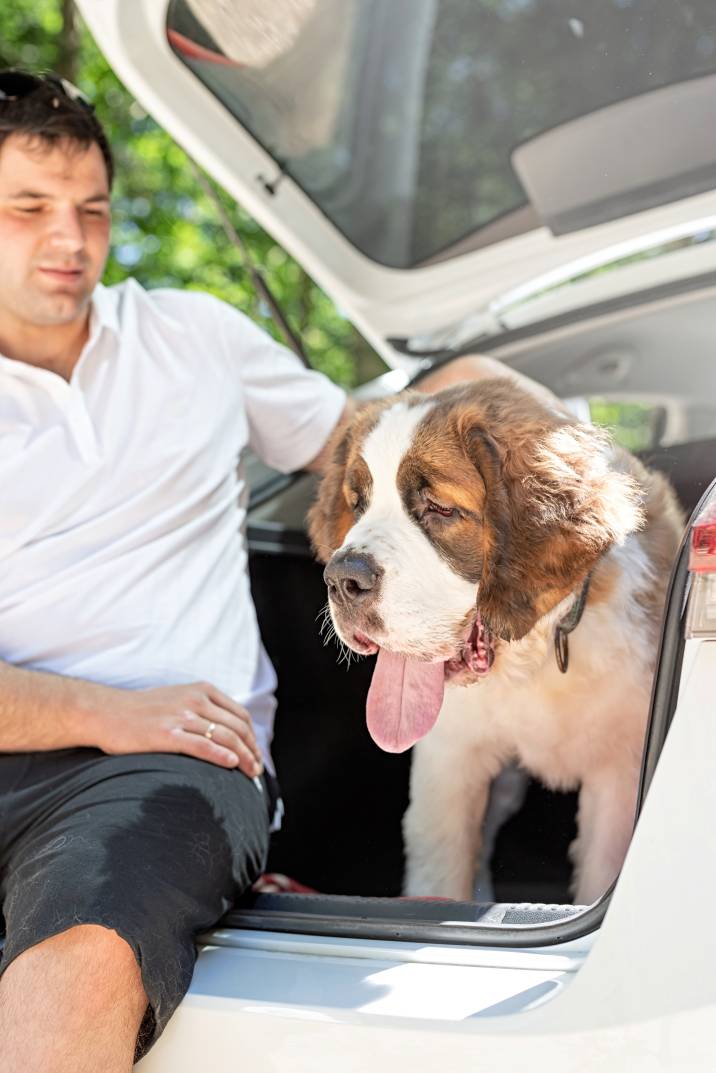 A man transporting a big dog. (Source: iStock)
A man transporting a big dog. (Source: iStock)
Other pets
| Pet |
Transport cost |
Usual inclusions |
|---|---|---|
Cat |
$310 to $1,000 |
Pet pickup from your home and airport drop-off, airline-approved travel kennel provision, flight booking, complete check-in and boarding assistance, and destination drop-off |
Bird |
$500 to $1,500 |
Transport box, interstate delivery charge and fuel costs, pick-up and drop off, and pet boarding |
Fish |
$1,000 to $5,000 |
Tank or appropriate container comfortable for your pet fish, as well as oxygen and insulation requirements |
Factors affecting pet transport costs
1. Travel crates
Airlines would most likely require travel crates for your pet, whether for in-cabin travel or in the cargo hold. The larger the crate, the more expensive it gets. For instance, a dog crate starts at $350. Many pet transport services also offer to supply these crates, along with beddings, bowls, litter boxes, collars, leashes, and bottled water.
Your pet’s crate should be tall enough for them to stand up. They shouldn’t have to duck to see out of the crate. The crate should also be wide enough for your pet to turn around easily and long enough for them to lie down comfortably with their paws extended. Moreover, the crate should comply with the regulations of the IATA (International Air Transport Association). In general:
It should be made of hard plastic, metal, or wood. The top part should be solid (no ventilation or top doors).
The crate door must be made of metal (no hard plastics and other materials allowed!). It should also securely close.
Kennels should be assembled properly and have quality hardware. Note that kennels with plastic side latches are usually not allowed.
Don’t forget to affix two water dishes inside the kennel door.
Check if the floor is solid and leakproof. You can also place an absorbent towel at the bottom of the crate.
If your dog is too big, you might need to get a custom-made travel crate that complies with international travel standards. Also, double-check with your airline to see if larger crates like this are allowed.
2. Vet visits
A vet visit is crucial to ensure your dogs, cats, or other pets are healthy and fit for travel. Complete vaccination records, blood tests, health checks, and microchipping by a government-accredited veterinarian might also be essential when moving internationally. The cost of a simple domestic health certificate already varies between vets. A pet grooming appointment before transport also helps since clean pets typically pass inspection with fewer issues.
3. Airline tickets and fees
You might need to pay more for your pet than your own airfare. That’s because live animals need extra care and attention throughout their travel. For cargo, many airlines use the volume of the travel crate to base the ticket pricing.
4. Ground transportation
Consider ground transportation if you’re moving with your pet to a nearby city or state. Pet ground transport costs depend on the distance of the journey. Moving prices usually start at $240 for small puppies and kittens up to five months, while relocating extra large dogs of over 55kg can cost as high as $1,540.
5. Pet taxis
If you book a taxi, pet relocation costs depend on the distance from the airport, the number of pets, and the time of day. So, if you have a tight budget, consider hiring a pet taxi before or after the morning/evening rush hour to avoid premium fees.
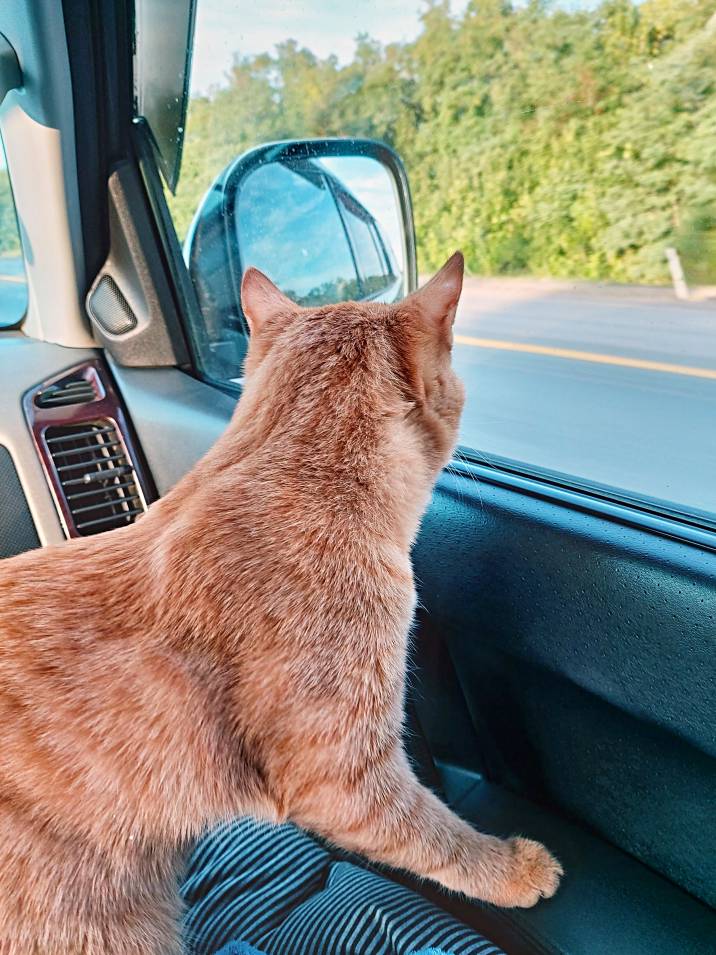 A cat being transported in a car (Source: iStock)
A cat being transported in a car (Source: iStock)
6. Government approvals or endorsements
Pet transportation requires country-specific fees for brokers, taxes, tariffs, and clearances. Airlines usually inform you about these costs upon flight booking. For more information, also check your destination country’s pet transportation policies.
7. Quarantine
Some countries require a quarantine period, so consider the expenses that a quarantine facility entails. These include pet food, bathing materials, and toys. Your pet must have everything they need to stay happy and healthy in a confined space.
Post a task for pet transport
With Airtasker, you can quickly connect with experienced pet transporters who handle everything from paperwork to travel crates. Many offer extras like pet boarding services when you need time to settle in your new place. Just post what you need, read reviews from other pet owners, and pick a pet transporter you trust.
FAQs
Here’s a list of who to contact before arranging your pet’s travels:
Your veterinarian
Your chosen airline or travel company
Accommodations if traveling for leisure
Destination state’s animal inspection service to know their regulations
Destination country’s foreign consulate
Book reservations for yourself and your pet at the same time. Remember that airlines often limit the number of pets allowed on each flight. Choose a non-stop flight as much as possible to minimize the stress of changing planes. In warm weather, choose early morning or late evening flights. On the other hand, in colder weather, choose mid-day flights.
If you’re travelling via car, try to make frequent stops (about every 2-3 hours) so that your pet can do their business and get some exercise. Minimize stress by providing your pet with its favorite blanket or toy. Make sure your car is well-ventilated, too.
Find pet transport experts, fast
Post a task
Related articles

Best side hustles for veterinarians
Read more

Easy house moving with your cats
Read more
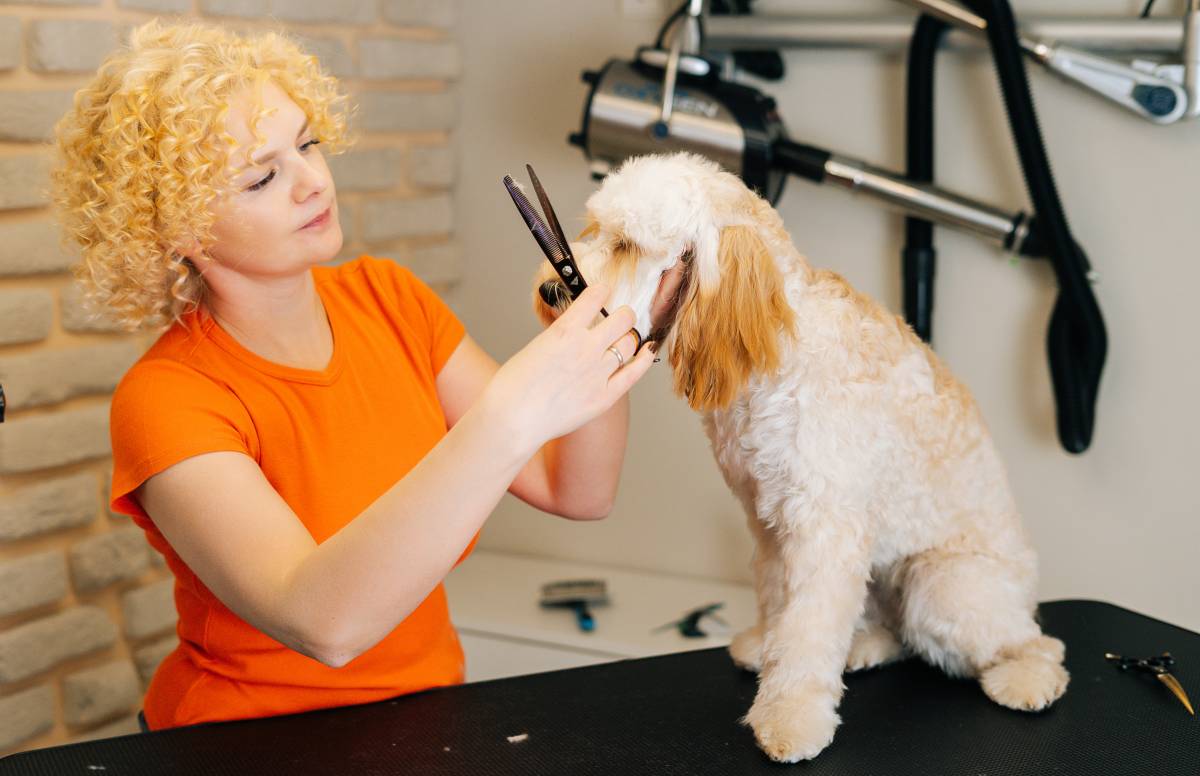
How much does a pet groomer make?
Read more

